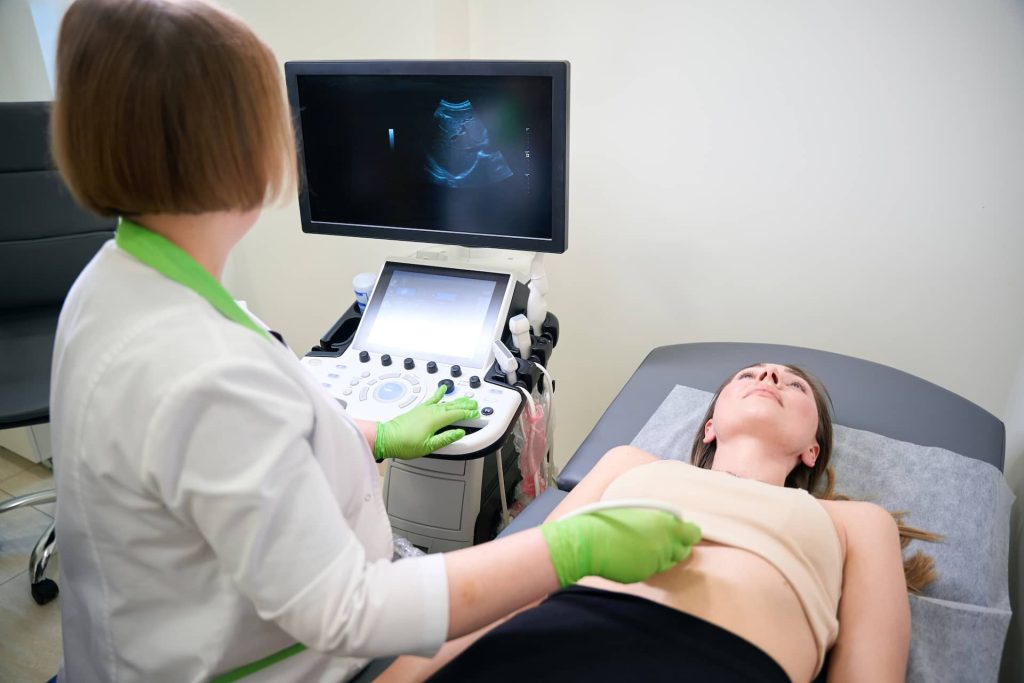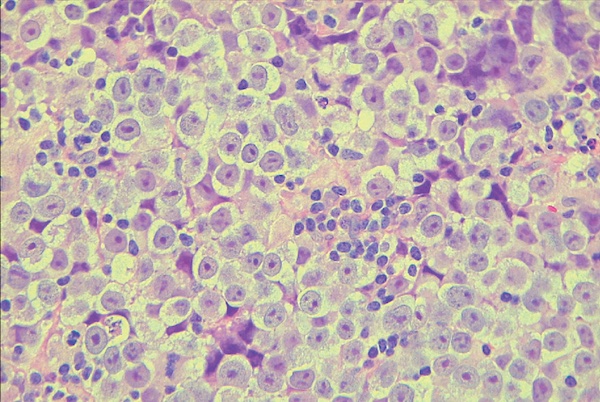
The Gynecological Cancers Research Program at the Center for Women’s Health and Reproductive Medicine at the University of Pennsylvania is dedicated to advancing the understanding, prevention, and treatment of cancers that affect the female reproductive system. Our research encompasses various gynecologic cancers, including ovarian, cervical, uterine, vaginal, and vulvar cancers. Through cutting-edge research and innovative clinical trials, our team aims to uncover the underlying mechanisms of these cancers, identify new biomarkers for early detection, and develop more effective, personalized treatment strategies.
Our multidisciplinary team of experts collaborates closely with oncologists, surgeons, pathologists, and geneticists to ensure a comprehensive approach to gynecologic cancer research. By leveraging advanced technologies such as genomic sequencing, immunotherapy, and targeted therapies, we strive to improve patient outcomes and quality of life. Our research also focuses on understanding the genetic and environmental risk factors associated with gynecologic cancers, aiming to develop preventive measures that can reduce the incidence of these diseases.
In addition to our laboratory and clinical research efforts, we are committed to translating our findings into tangible benefits for patients. Our clinical trials provide patients with access to the latest treatment options and innovative therapies, often before they are widely available. We also prioritize patient education and support, offering resources and guidance to help patients and their families navigate the complexities of cancer treatment and care.
Through our relentless pursuit of knowledge and our dedication to improving women’s health, the Gynecological Cancers Research Program at the Center for Women’s Health and Reproductive Medicine continues to make significant strides in the fight against gynecologic cancers. Our ultimate goal is to reduce the burden of these cancers and enhance the lives of women affected by them, both now and in the future.




